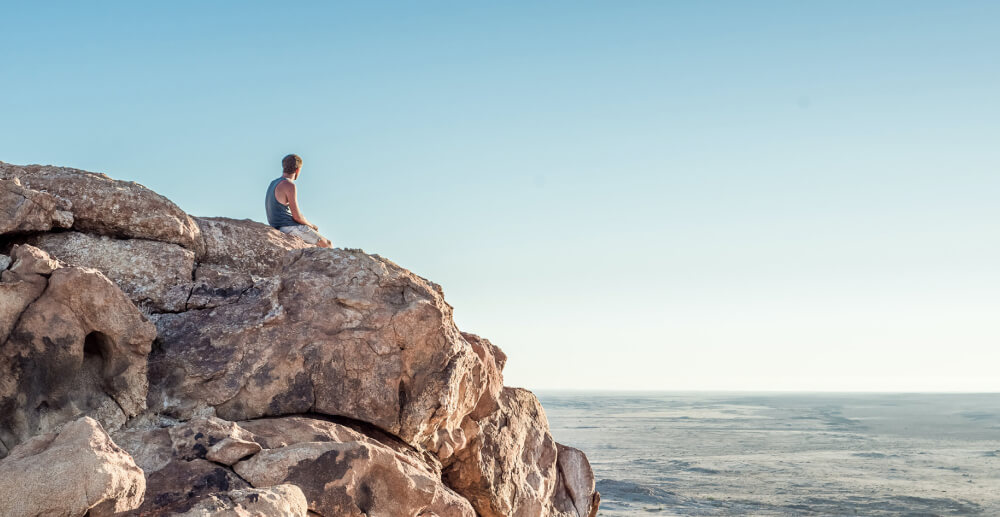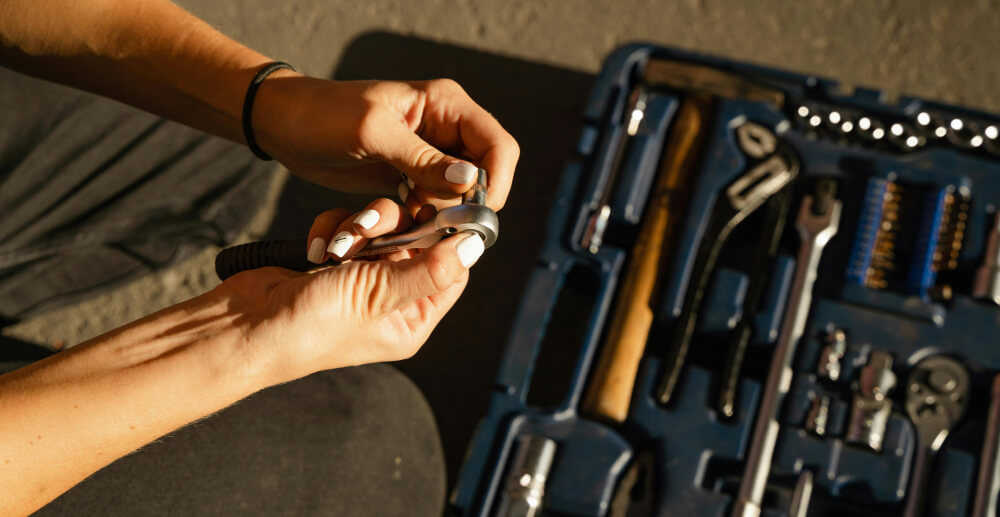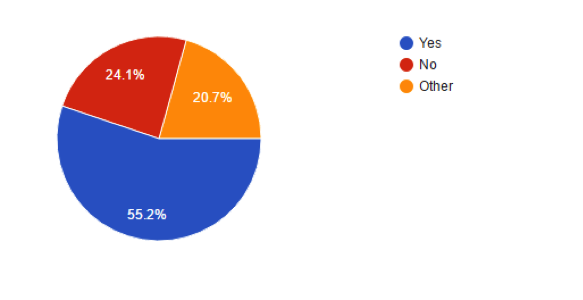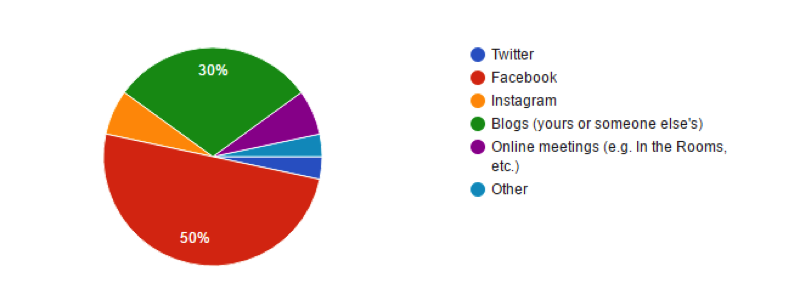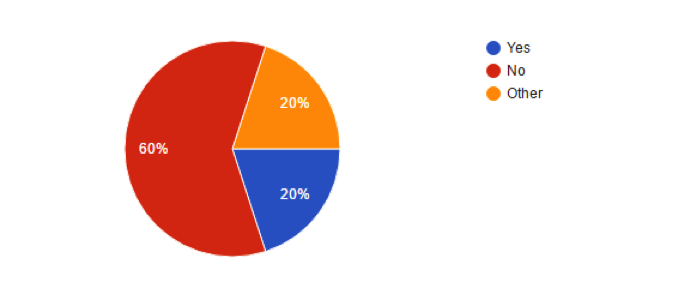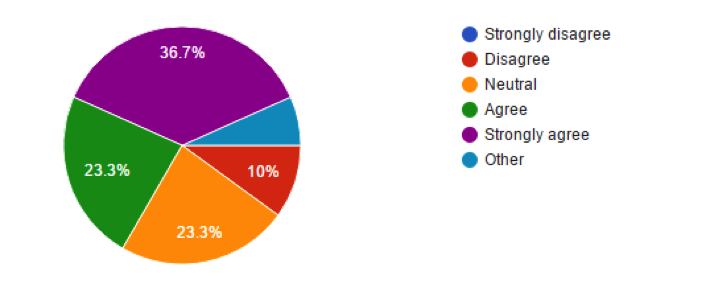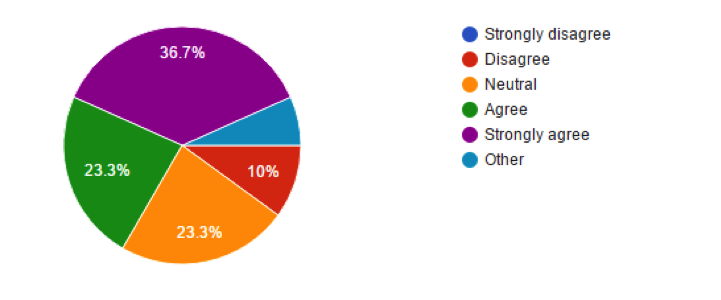Survey says? The web is a welcoming place to be when it comes to recovery.
Welcome to the ever-changing world of online recovery. Since most of us struggle to unplug, it comes as no surprise that there’s a broad world of digital recovery. Whether you’re blogging behind a laptop, participating in an online meeting, scrolling through your curated sober Instagram feed, checking in with your counselor on the latest online recovery program, or listening to a guided meditation on your phone, there’s a way to stay connected. Recovery in 2017 is a very different place than it was ten years ago, when I first got sober. And it’s changed every year in nuanced ways. Even in the two years since I started The Sobriety Collective, the digital landscape has evolved. So what better way to illustrate the evolution than to poll the very people who make up what we call #TheRecoveryFriendlyWeb? I surveyed a small sample size of 30 recovery bloggers and other folks who use the cyber world as part of their holistic recovery. Let’s see what they say about the changing face of the digital recovery space.
When did you get sober (clean/harm reduction/etc)?
Answers ranged from 1989 to 2017.
Dawn Nickel, our 1989 respondee, creator of She Recovers, believes that “a) we’re all recovering from something, b) that how we recover is up to us, and c) that we’re stronger together.” Considering she got sober in the world of Atari and computers the size of small homes, I’ll give her the prize for seeing the most changes in the digital world. And kudos to her for adapting. She’s spearheading She Recovers in NYC, a face-to-face, sold-out event for women in recovery from anything with a digital all-access pass. Workit Health was a featured partner at She Recovers NYC in 2017 and She Recovers Miami in 2022. I’m immersing myself in the recovery cyber world as a member of the Official Sober Blogger Team.
One of our newer members in sobriety, Jessica Foster, started her journey to recovery in 2015 and ultimately got sober in January of 2017. She credits social media like Instagram with helping keep her stay on path.
Addiction Treatment Online – Were there digital recovery resources around when you entered recovery?
What do you find to be the most supportive digital recovery spaces?
What has changed the most since you first got online as a newly sober person? (e.g. online programs, websites, online meet ups, conferences …)
Robyn Joy, sober since January 2016, reflects that things that were useful in the beginning (blogs, Facebook groups, etc.) became less so as time went on. Now Instagram is her main space for recovery. Jo Sullivan, a woman in recovery from addiction and childhood trauma, exclaims, “there are actual [hashtags] just for us! #recoveroutloud #wedorecover. It’s amazing and freeing.” Nuria Reed is effusive with her response: “I see much more openness and frankness about the imperfect process of recovery, and groups that support that! I think the semi-anonymity of the Internet has given space for individuals to be creative in how and where they recover.” Jon Gerler, known on the web as DJ FM, says that besides online programs, “peoples’ openness about their recovery” has changed the most since his 2013 sobriety date.
Do you think there’s as much stigma associated with being in recovery now as there was when you first got sober?
Tawny Lara, founder of SobrieTeaParty.com, muses that “sobriety is kind of trendy these days. Part of me is annoyed by this, but most of me is excited to live in a time where addiction is treated with empathy and respect.” Here’s what Helaina Hovitz, prolific writer and staunch recovery advocate, has to say: “I never found there to be a stigma in my own life personally, but maybe that’s because I’ve always been a strong advocate of owning your willingness to change and not caring what other people have to say about it.”
Is the web a welcoming place? Do you find there are people from all different programs (or none at all)? Have you found your people online?
Beverly Sartrain, founder of Recovery Life Management, got sober in 2006. She created her own group because she “wasn’t seeing a community focused on continued practice, up-leveling and using recovery for purpose.” Blogger Lara Frazier has a dual perspective: “12-step tends to be more friendly to people who are in 12-step. They tend to question when you step out of their beliefs into your own. However, I have found so much support online—more than I could ever [have] thought possible.” British DJ and writer Young Lee says he finds the web to be extremely welcoming: “I find more creative people online than I do in ‘real’ life.” Kelly Junco, also known as The Sober Senorita, says that “the online recovery community has been revolutionary for me. It’s the bedrock of my sobriety.” As Laura Ward, founder of Quit Wining, puts it: “It’s easy to find people to relate to. It’s just as easy to find those with whom I have nothing in common. Spend a little bit of time and you’ll find your tribe.”
Has the Internet enabled more face-to-face relationships with recovery friends?
Tawny Larasays she’s met people in person because they’ve met online. If Facing Addiction’s October 2015 inaugural UNITE to Face Addiction was evident of anything, it was the power of the #RecoveryFriendlyWeb to connect global advocates, face-to-face around a common goal—to #ENDTHESTIGMA. I met so many amazing and wonderful people whom I had only known online up until that point.
What do you hope will change in the digital recovery space going forward?
One woman, Lisa, chose not to disclose her last name but feels strongly about the face-to-face connection. She distances herself from digital recovery: “Facebook, apps, etc. do not get or keep people sober. Frequent face-to-face contact with other recovering people does. Being part of a recovery community and doing service and giving back does. I worry that people hang around online and continue to struggle and/or relapse because they see it as an alternative to options that actually work—but are [scarier] and more work.” Cristina Ferri hopes to create “real-life activities with like-minded people that don’t involve [traditional] meetings.” Amanda Kemp, whom I found via Tommy Rosen’s Recovery 2.0 Online Conference Facebook group, seconds Cristina’s notion: “I think it would be better if recovery chat support teams could organize face-to-face get-togethers in local areas.”
Welsh podcaster and blogger Esther Nagle hopes for “more models available and more outlets for people to share their stories with pride.” Listen to Esther’s Sober Living Rocks podcast with myself as a guest.
Rose Lockinger, Outreach Director for Stodzy Internet Marketing, says: “I hope that people will continue to recover out loud and that more and more people step out into the light. The silence is killing so many—it’s time to be proud of being in recovery!”And lastly, blogger Katrina, wishes that “everyone can find the help that works for them. Somehow, some way.”



